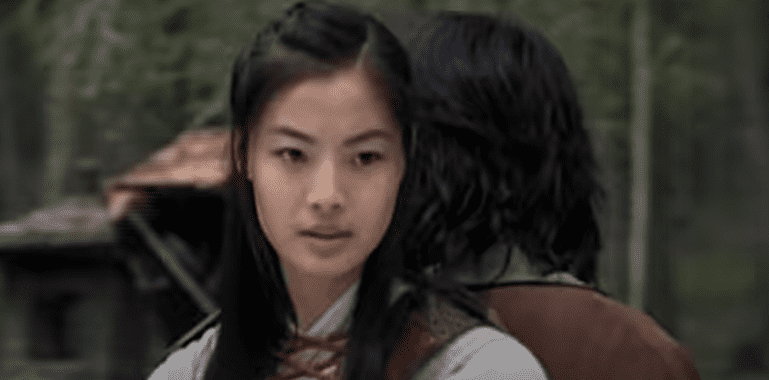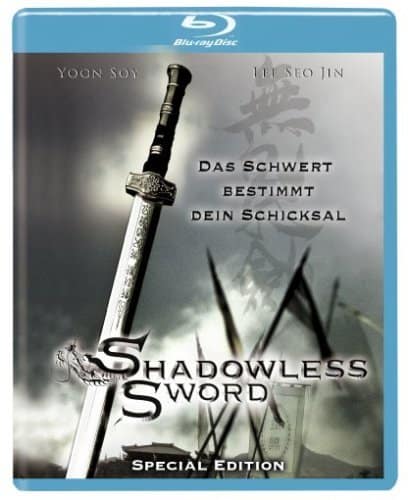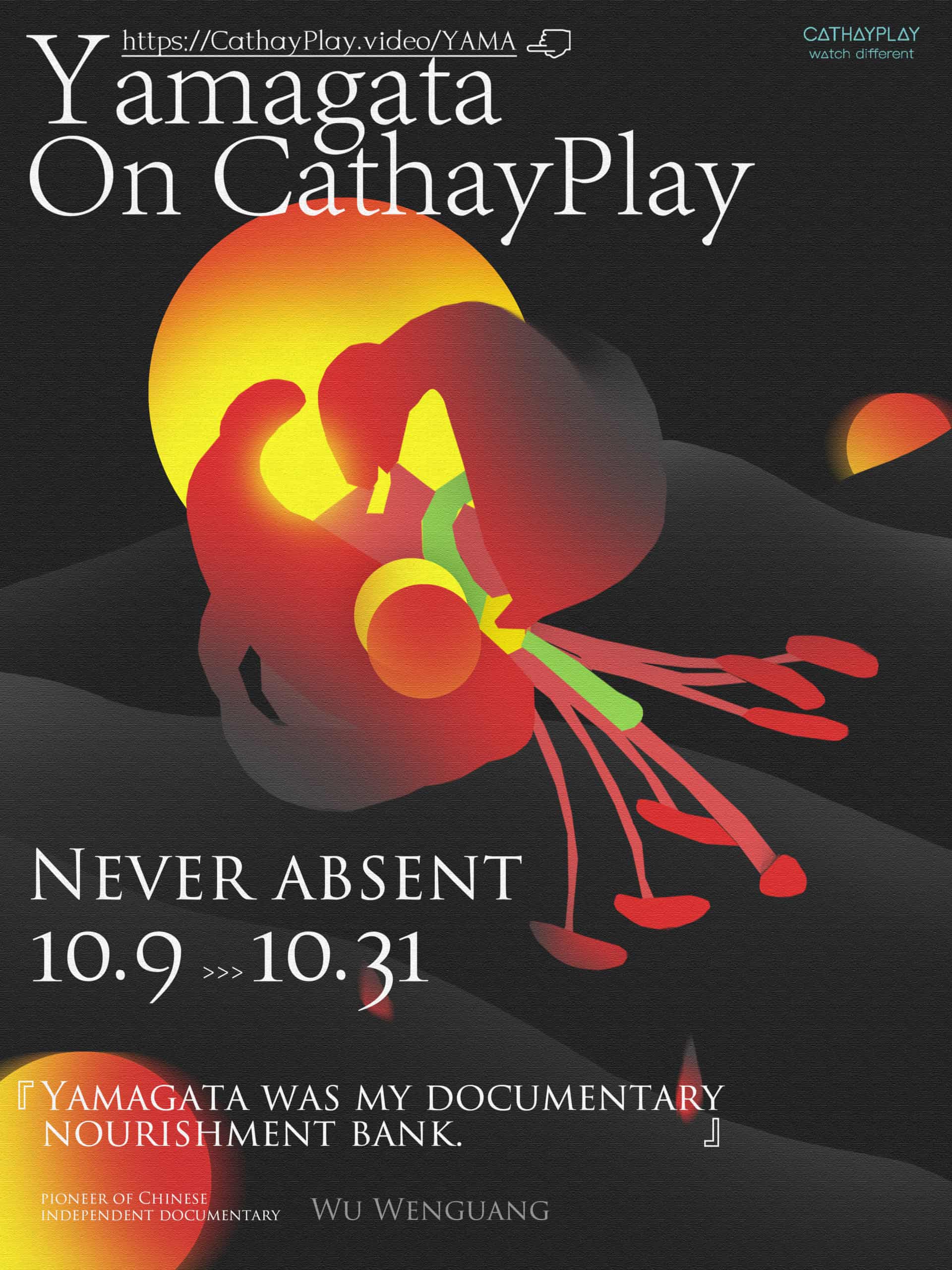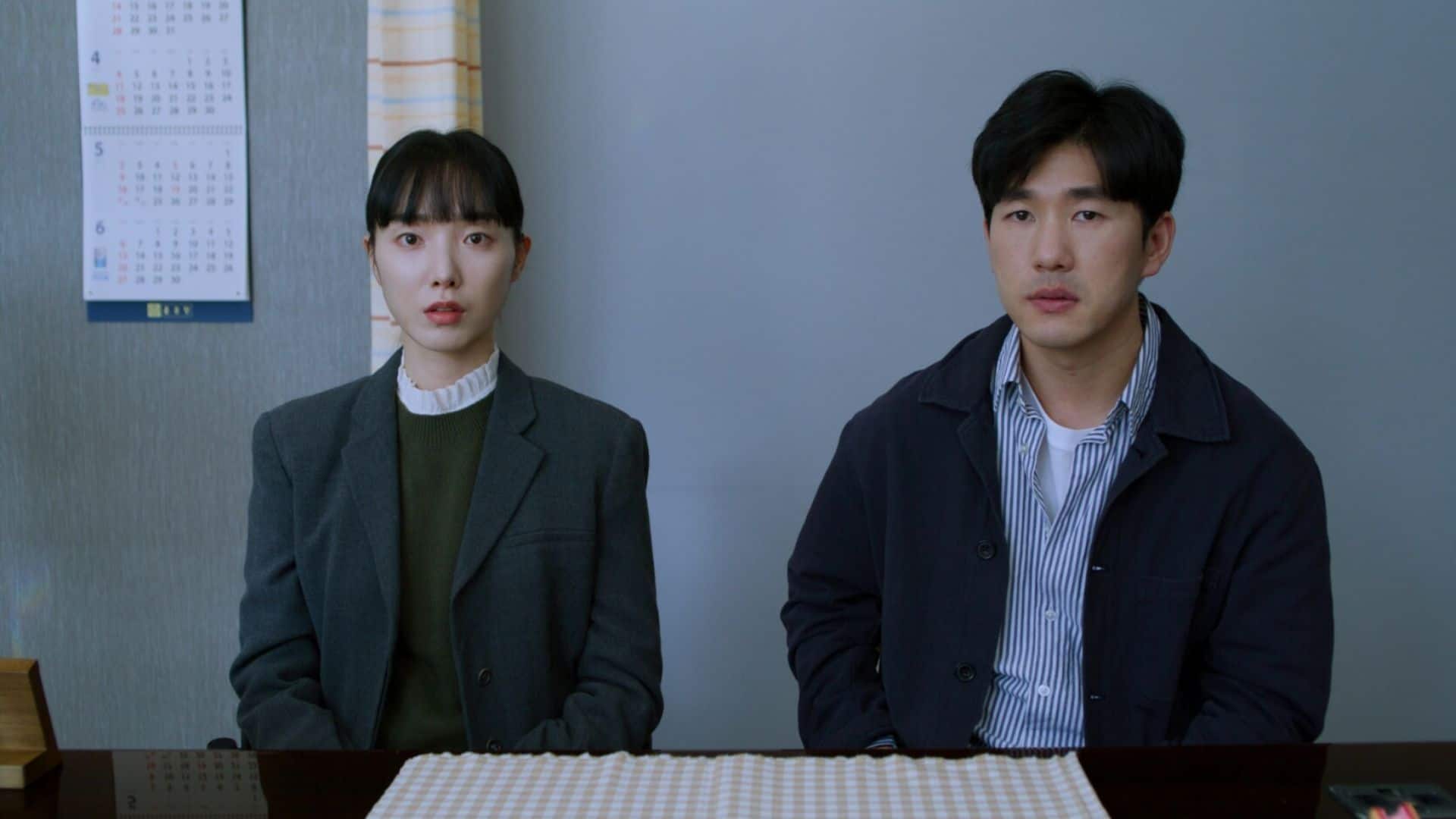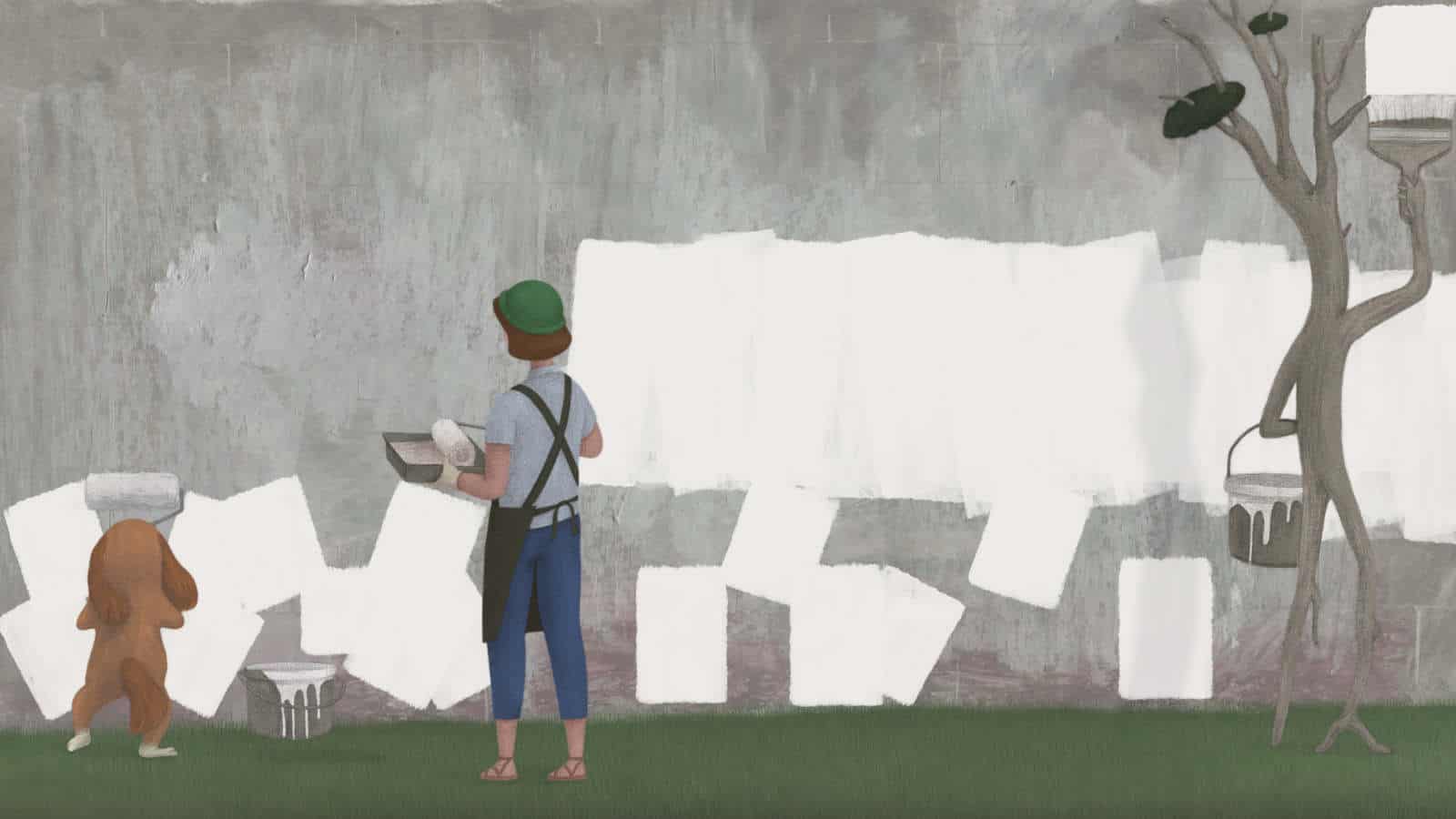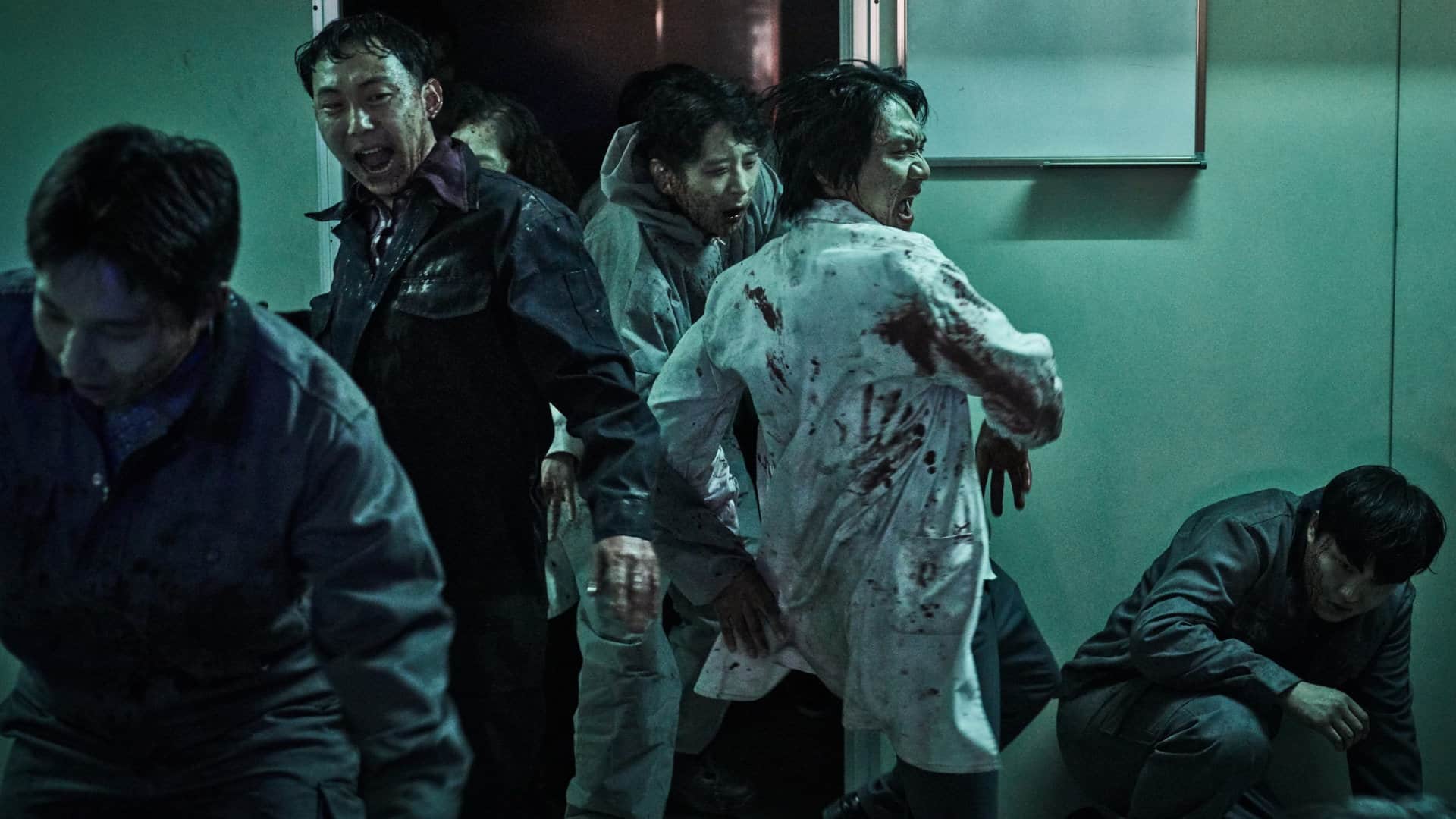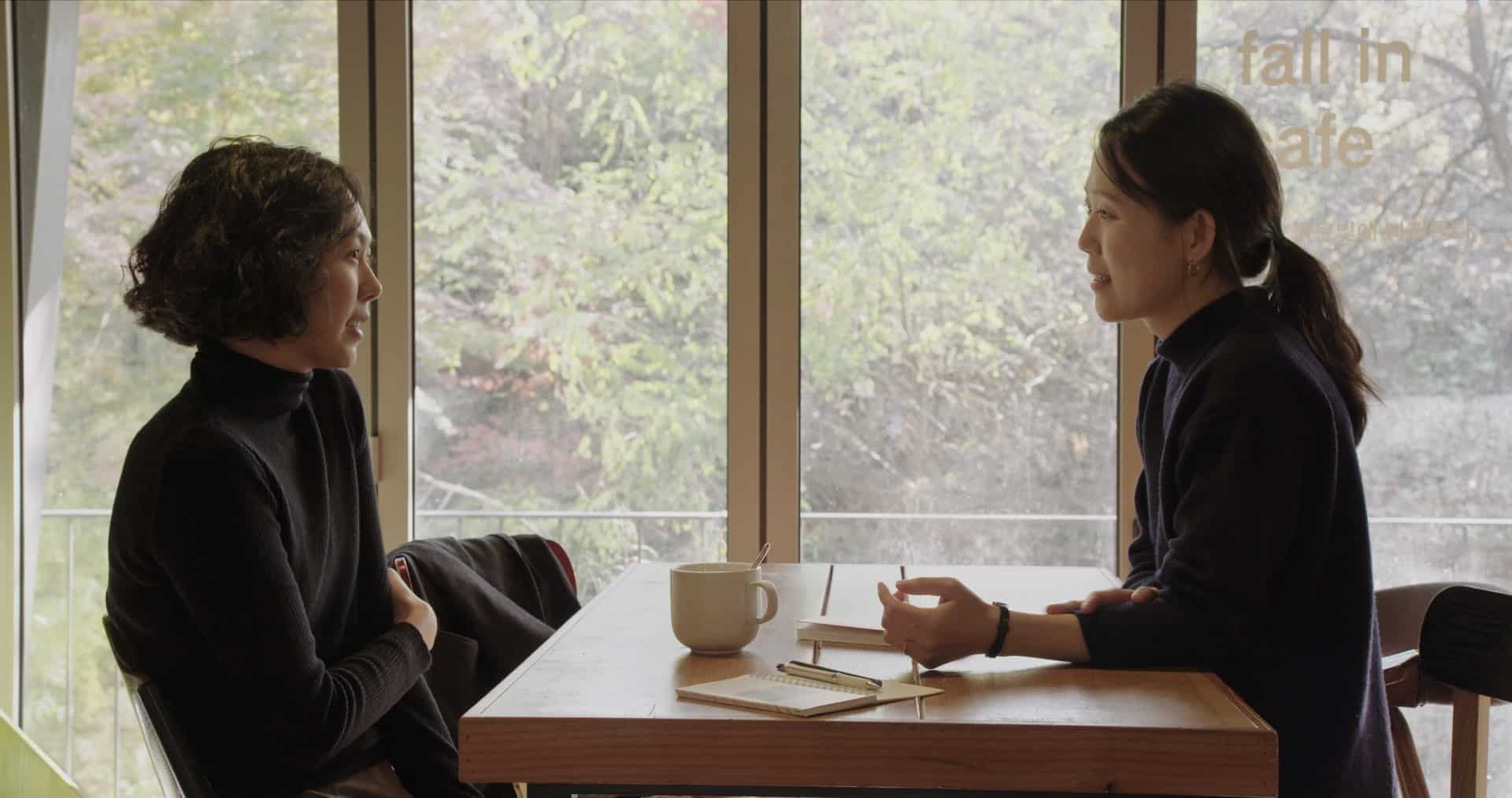The dawning of the millennium saw many swordplay movies emerge to capitalize on the success of “Crouching Tiger, Hidden Dragon” with Korea in particular releasing several spectacular epics. “Shadowless Sword” was one of many that the American studios picked up subsequently for release but never quite got the recognition it was due because of the inevitable crowding of the market. Taken on its own merits, this was unfortunate as whilst it may not have the exaggerated visual flourish of some of its contemporaries, it does provide a fresh look at one of the standard narratives of the genre. So, time to take a retrospective viewing of what is in the opinion of this viewer, one of the more under-rated pieces of martial cinema.
Buy This Title
on Amazon by clicking on the image below
Set in the 10th Century where Korea is in endless internal conflict. The feared Dragon Blade Army headed by Gun Hwa-pyung (Shin Hyun-joon) are gradually wiping out all the princes of Balhae under the orders of their masters. Only one remains, Dae Jung-hyun (Lee Seo-jin). A lone warrior Yeon So-ha (Yoon So-yi) is send to find him and bring him back. She finds him swiftly but after 14 years in hiding he is reluctant to return and seeks to escape at every opportunity. For him survival is now all that interests him and her presence only highlights the new danger he is increasingly in. Yeon So-ha has her own reasons for undertaking this mission though which are gradually revealed as the enemies draw closer and the only way to survive is to fight back.
“Shadowless Sword” is essentially a period version of a road movie, a convention that we have seen several times from “Dirty Ho” to “Little Big Soldier”. With the usual narrative of a noble prince and a rogue on a journey that sees the former develop as a person. This is given a bit of a twist in this instance as here the prince is essentially both characters. We first see Dae Jung-hyun as a bit of a conman living on his wits through having to survive on his own, meaning it is Yeon So-ha as the warrior that initially has the truer nobility in her mission. His redemptive journey provides the heart of the story as we come to realize why Yeon So-ha has such determination to bring him back home. The other inversion is that this warrior is female, giving us a more romantic (albeit more subtle) take on the usual mismatched duo framework. It also featuresan allusion to classic martial arts fiction with a backstory on the swords being used and the psychological effect on those that wield them. Frequently we get tales of how swords are extensions of the one wielding the blade and I liked here how this was framed. Yeon So-ha prays for the souls of her enemies after each fight as she believes that the blood of the slain infects the sword and can gradually corrupt the soul of the user. The idea being that the sword should be used to protect something more than the individual. When we get to the conclusion this is taken up by Dae Jung-hyun and is a symbol of the return of his ideology.
Yoon So-yi is absolutely superb as Yeon So-ha, capturing both the sternness of the warrior and the heart beating inside without ever revealing too much emotion. She comes across gracefully in the frequent action sequences and never looks out of place. Equally good alongside her is Lee Seo-jin as the reluctant heir apparent. His journey towards honor never feels forced and is able to capture the dignity that Yeon So-ha sees in him. For such an arc to work, you need a suitable antagonist and in Shin Hyun-joon's Gun Hwa-pyung we get one. The best villains have a strong belief in their own convictions and his revenge feels justified. His screen presence can be a bit dour and whilst in “Bichunmoo” it didn't click, as the villain it seems to work better. His vengeance goes against his own master's wishes and the brooding intensity he has gels with the character. Along with Lee Ki-yang as Mae Yung-ok, we get two couples mirroring each other. Her love for her master leads to a sacrifice of her own dignity and then ultimately her life. With Gun Hwa-pyung, we also see the darker manifestation of the use of the sword. His soul is corrupted by the desire to wipe out the lineage of those he feels brought about his own dishonor. It's these little extra elements that lift “Shadowless” Sword” well above the standards of the genre.
Swordplay action sequences frequently in the genre take to the air with spectacular wirework emphasizing the fantastical nature of the choreography. When done wrong they can be due to movement that can make it impossible to realize what is happening due to poor camera positioning that attempts to be masked with migraine inducing editing. “Shadowless Sword” is able to get the balance just right. We still get the standard tropes with bodies exploding after inner blows received, warriors taking flight and the trademark cloth duels. Yet the action is clearly seen and the cinematography by Seo Geun-hee actually complements the choreography so that both work in unison to present a series of very polished sequences. We even get a rare underwater fight scene thrown into the mix to add something a little different.

Kim Young-jun delivers a second excellent period action film. Whilst “Bichunmoo” had a more romantic tragedy vibe that feels more of a classic tale, this is for the most part a more lighter, faster paced piece. Shin Hyun-joon's screen presence is better utilized here and the cast are overall excellent in their parts. The action is clear, the familiar narrative is given a twist and there is a nice depth to the overall feel. Definitely one of the better swordplay features to come out of Korea and actually makes for a good double bill with the director's former entry into the genre. Worth checking out!


